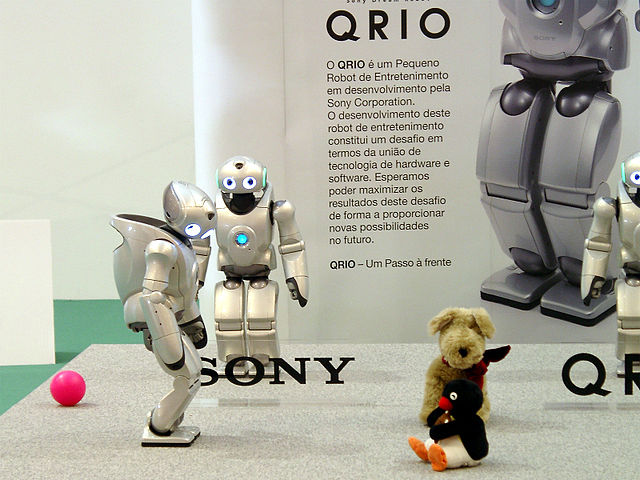Many of us can likely still recall Clippit, that awkward Microsoft Office animated character first introduced in Outlook 95, and known for crowding a user’s desktop with a myriad of personal reminders and digital post-it notes. It is quite amazing how far we’ve come in the space of just a few years, even since the advent of the first modern intelligent personal assistant (IPA), Siri, now a famous trademark of any Apple device.
Siri was created after Siri Inc. sprung from Silicon Valley’s non-profit research lab SRI International in 2008, and was promptly acquired by Apple in 2010. The original Siri application then ceased to function on October 14, 2011.
Current SRI International patents have since made their way to the Canadian marketplace, recently acquired by Ottawa-based patent licensing firm, WiLAN (TSE:WIN) WiLAN must appreciate the value of technology developed at SRI, as this is the second time that WiLAN has acquired patents from SRI International.
A key feature of the original API, Siri, Inc. is the artificial intelligence (AI) programming that allows adaptation to a user’s speech patterns, thereby generating individually customized searches with ongoing use, with a return of results tailored to that particular user.
Voice-activated personal assistants inside most smartphones integrate with existing applications or web services accessed on a user’s smart phone or tablet, and can help with anything from navigation while travelling, making recommendations for nearby restaurants, shopping, managing calendars, or even working together with an application to act as a user’s personal food diary, helping them manage caloric intake and diet choices. Voice-activated personal assistants get smarter with use and their task scope continually evolves.
Intelligent personal assistants are rapidly gaining momentum in the marketplace, integrating with technology used in an impressive list of large companies, such as HSBC, Virgin Media, ASDA, Verizon, and Renault.
While we are perhaps a long way from the sophistication of the intelligent personal assistant depicted in Hollywood flick Her, starring Joaquim Phoenix, with current technology advancements and new patents on the rise, these crafty AI wonders are getting more and more specialized and soon may even be capable of integration with appliances and devices inside our homes.
The recent Silicon Valley prodigy, Viv, is an IPA that’s one of the furthest along in changing the way artificially intelligent assistants affect our computing, and even digital commerce itself. Over the next five years, it’s possible that our smartphones will expand into “smart homes” and cars. Aided by artificial intelligence and a tidal wave of data, APIs could be the gateway through which you could easily buy an airline ticket, order a taxi, buy movie tickets or even order take-out, all in one single conversation – without typing, searching, or even clicking.
Will there be a day one day soon when we can ask Siri to link up with our fridge, and serve up a glass of water with ice? Who knows what the future will hold.
